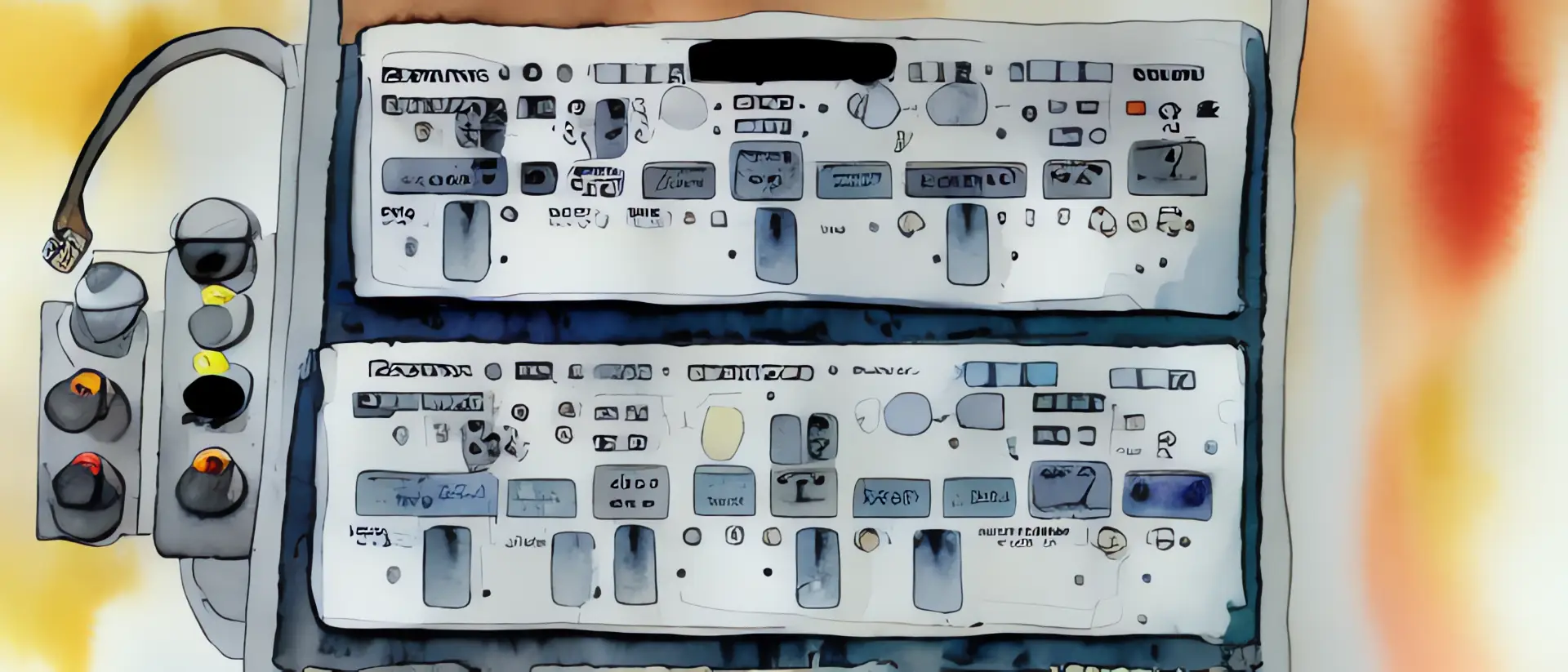Drummers Still Exist

Ten years before humans landed on the moon, the Wurlitzer company released a machine capable of producing automated drum-like noises called the “Side Man.” This device was the first “drum machine,” and its spiritual successors would define entire new genres of music.
In the decades since the Side Man, humanity finally solved the rhythm section. These advancements in technology ushered in a new era where the role of “drummer” was put to rest as its duties were relegated to the machines. After all, these days, what band would pay a salary to a human to do what a cheap box has been able to do for years?
Err… well… perhaps not.
The Side Man and its successors were an era-defining shift in music across the world, but, to be absolutely clear, drummers still exist.
Drum machines revolutionised music, but not at the expense of what already existed. The technology complemented creativity, took it to places never heard before, and opened the door for independent artists that otherwise might not have had their art created.
I own a few albums that were the work of a single person. On a significant majority of these albums, the drums were programmed and sequenced by the artist, but performed by some plugin in their audio workstation software.
If an independent musician writes a song but doesn’t have a budget for studio time or contract musicians, a drum machine provides an inexpensive and, to most people, indistinguishable performance to the point where they could produce an EP or album that might be the catalyst to a full career.
And yet, drummers still exist.
Even with the latest drum machine technology, which can introduce slight pseudo-random variations in dynamic and timing to emulate the “human touch,” it still cannot replicate it entirely. Every non-electronic1 concert I’ve been to has used a flesh-and-blood drummer, even if that band didn’t have one in the studio originally.
Humans provide an intangible and irreplaceable zest to the works and performances they create; so much so that bands continue to employ drummers in almost every case, if it is at all feasible. A programmed modern drum machine might be “good enough” in a pinch, but in almost any comparison, a human drummer wins.
Will AI transform entire industries? Will it replace some jobs? Probably!
Will AI spell the end of all human work and creativity? Absolutely not.
Will AI open doors that we haven’t even considered yet? Maybe. Drum machines sure did.
- Perhaps reinforcing my point further, I have been to electronic concerts with just a couple people on stage performing an orchestra’s worth of music with the aid of technology. Both of these worlds exist in parallel; one does not preclude the other. ↩︎